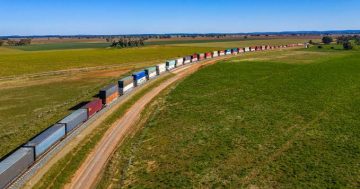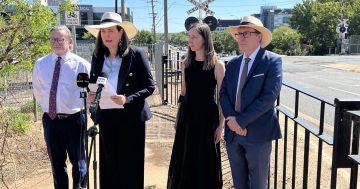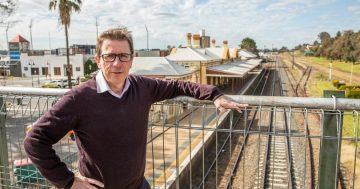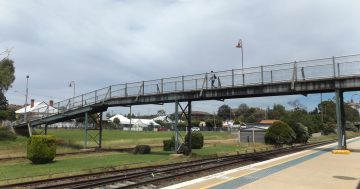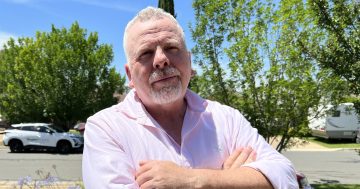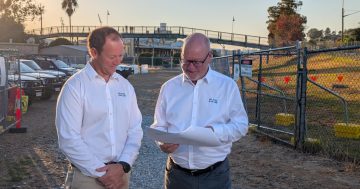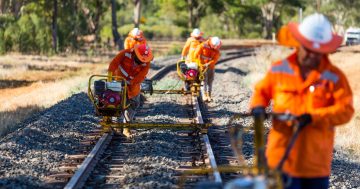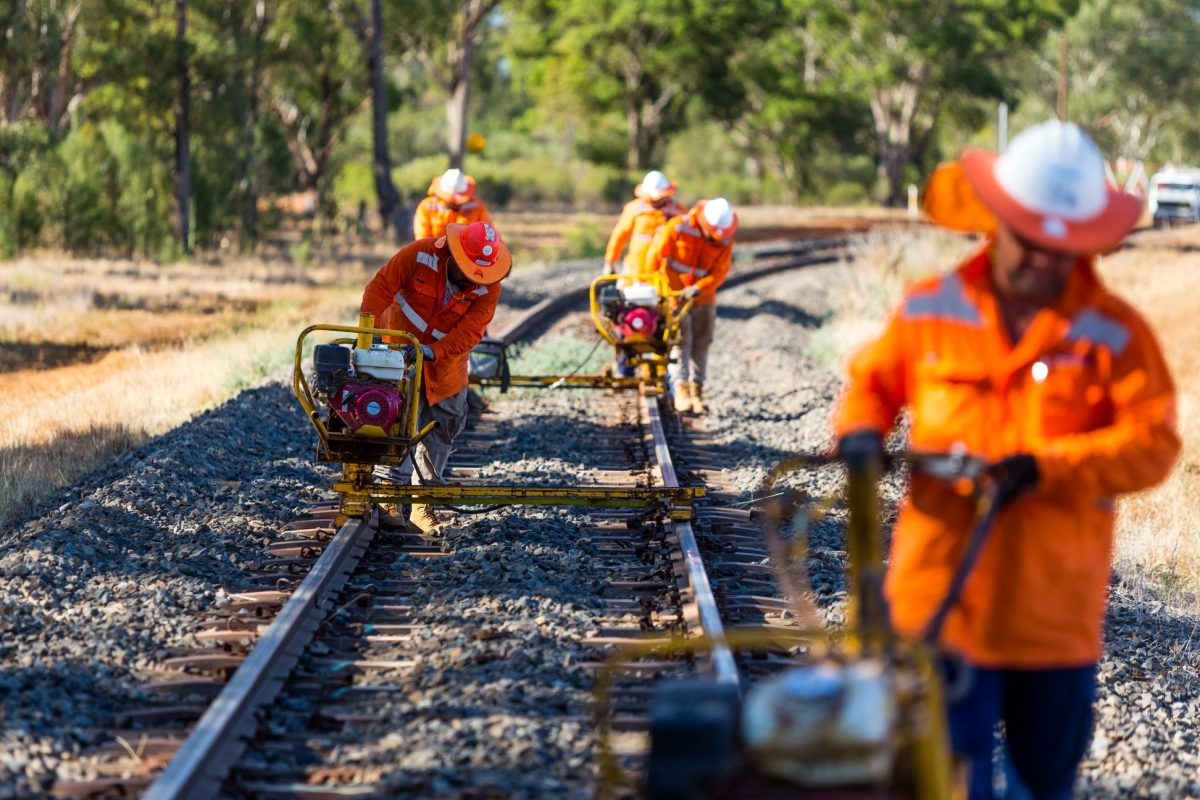
The current form of Inland Rail has train lines through the middle of the city, despite heavy backlash from many Wagga residents. Photo: Inland Rail.
Noise, vibrations and the sudden increase in trains have been announced by Wagga Wagga City Council (WWCC) as reasons why the eventual construction of Inland Rail should bypass the city.
A report delivered to council that was conducted by Dr Kerry Schott found the current path of the planned Inland Rail track, which passes through the centre of Wagga, could potentially cause noise and vibrations that could disrupt the city in the late and early hours of the day.
The report also noted that several towns that are bypassed by the tracks could be greatly impacted and may require traffic easements.
Following the acceptance of this report at a council meeting, WWCC voted in favour of writing to Federal Minister for Infrastructure, Transport, Regional Development and Local Government Catherine King and State Minister for Regional Transport and Roads Jenny Aitchison about its findings and its recommendation to alter the train line.
Cr Richard Foley has been the most vocal member of council opposing Inland Rail in its current form. During the ordinary council meeting Cr Foley said the purpose of the motion was to seek the identification and gazetting of easement around the city of Wagga.
“Ideally easement, not only for Inland Rail but a truck bypass as well, would be the best outcome that a growing city that is trying to be a 21st century regional example, should have,” he said.
“I believe we have been ignored as regional people for too long, as has most of regional Australia. We do not get the infrastructure we need unless it comes after people make a significant amount of noise.
“Council is not opposed to the project, but what they are doing now is effectively building a house without proper windows and doors. We need a proper fit for purpose Inland Rail.”
Mayor of Wagga Wagga Dallas Tout explained that although council wanted the train line to bypass the city, the reality remained that it would have to come through the city in its earliest form.
“This does not mean the notice of motion last night (25 March) was a waste of time,” he said.
“It’s an interesting challenge in itself, because it’s a federal project, but it’s a state requirement to make detours or routes.
“When writing the letters I expect there might be a short-term answer, they may get a short-term indication of a draft timeline, but I’m not expecting anything in the next few weeks.
“As of right now we’re working on the reality of what’s going to happen; they [Federal Government] are indicating that they will commence works in quarter one next year. So this time next year it will have already started.
“We have to deal with the reality of what’s coming in front of us, but also planning for the future.”
Original Article published by Jarryd Rowley on Region Riverina.


